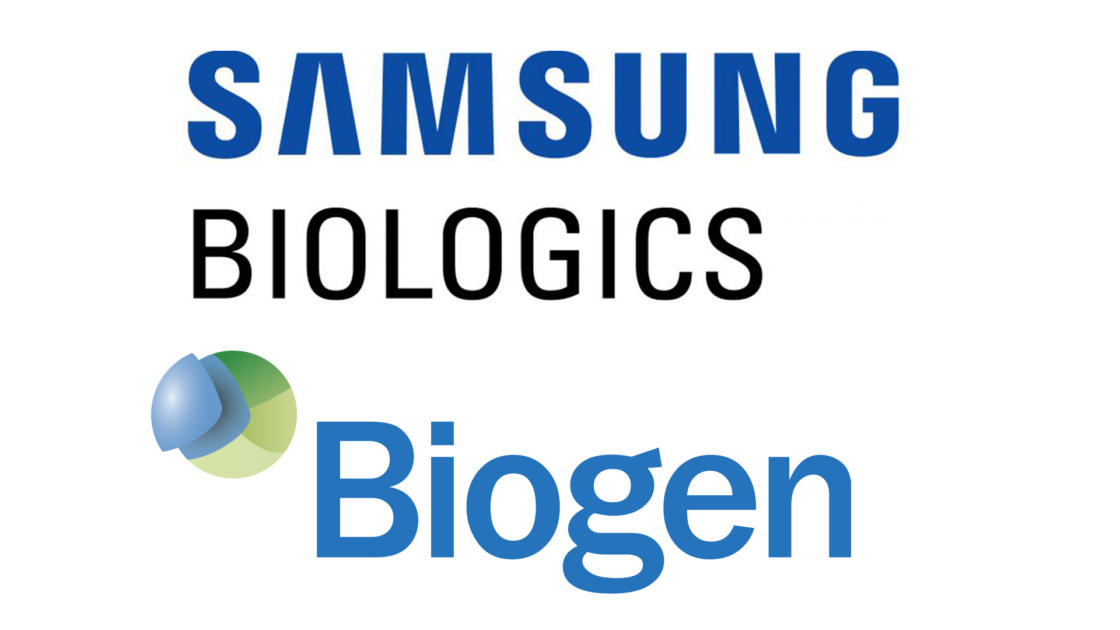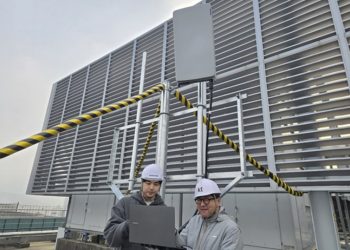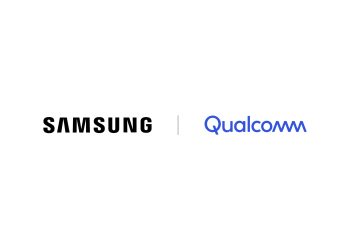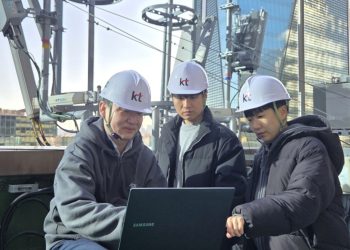CEO of Samsung Biologics Kim Tae-han said on Wednesday that he expects the company to take on contract deals for manufacturing for Alzheimer’s disease treatments hoping that it will be prepared when the need arises.
During the Morgan Healthcare Conference 2020 held in San Francisco, Kim spoke to investors saying Biogen’s aducanumab, a human monoclonal antibody studied for the treatment of Alzheimer’s disease, proved its efficacy through data.
Kim stated that the only obstacle to obtaining approval from the U.S. Food and Drug Administration was a compliance issue in which one of Biogen’s two phase 3 clinical trials tested fewer people than initially proposed.
Worldwide, there are currently 50 million Alzheimer’s patients. Considering the annual dosage needed for each patient is 8 grams, and if 10 percent of those patients wanted the new treatment, the biopharmaceutical product manufacturer estimates that 42 tons of the medication would have to be produced yearly to meet demand.
Samsung Biologics can yield 20 tons at its third plant, which is 35 percent of its operating capacity, while the company operates the first and second plants at nearly full capacity.
Samsung Biologics’ Vice President John Rim said that the company’s goal last year was to achieve a 50 percent utilization rate for the third plant. However, the current compliance issue hindered its progress.
Samsung Biologics project that the company will require a fourth plant if the largest contract manufacturing company would contract Biogen’s Alzheimer’s CMO deal.
If the FDA approves Biogen’s aducanumab, Samsung Biologics will more than likely become CMO partner with an ideal plan of creating a fourth plant, which would be a replica of the third plant.
Biogen and Samsung Biologics entered a joint venture in 2012 called Samsung Bioepis, which is a biopharmaceutical company dedicated to achieving healthcare that is accessible to everyone.
If by any chance, aducanumab is not successful, Samsung Biologics will use its fourth plant to diversify its portfolio with small scale bio-reactors for its new business venture.
John Rim said, even if the Alzheimer’s disease treatment CMO does not come to fruition, the third plant will reach near full operation by 2022.







